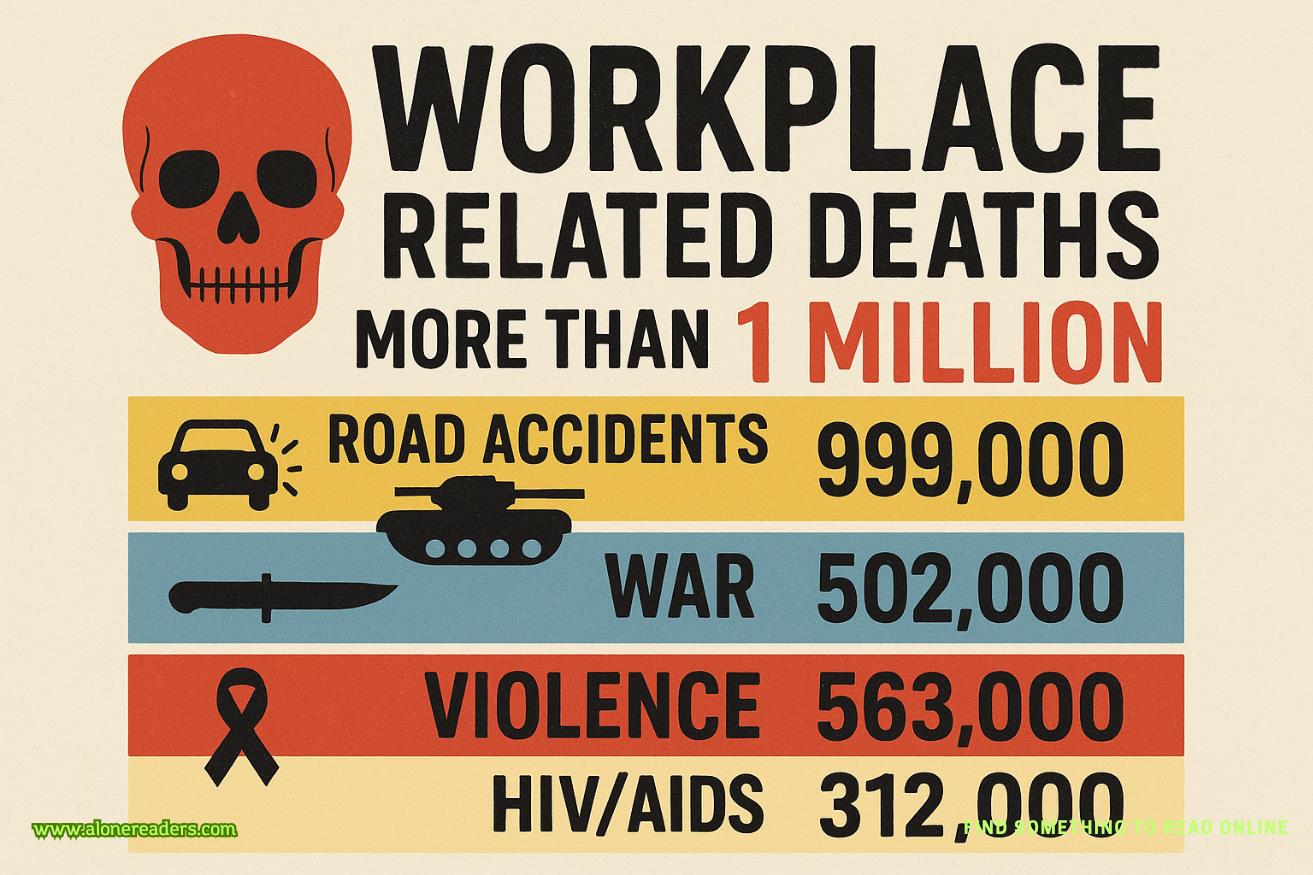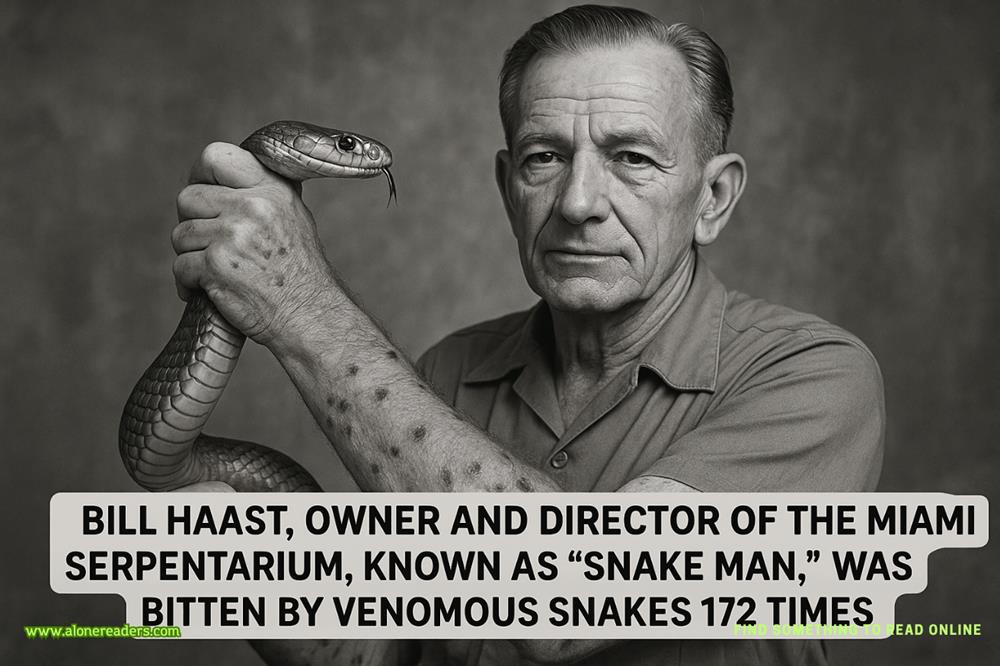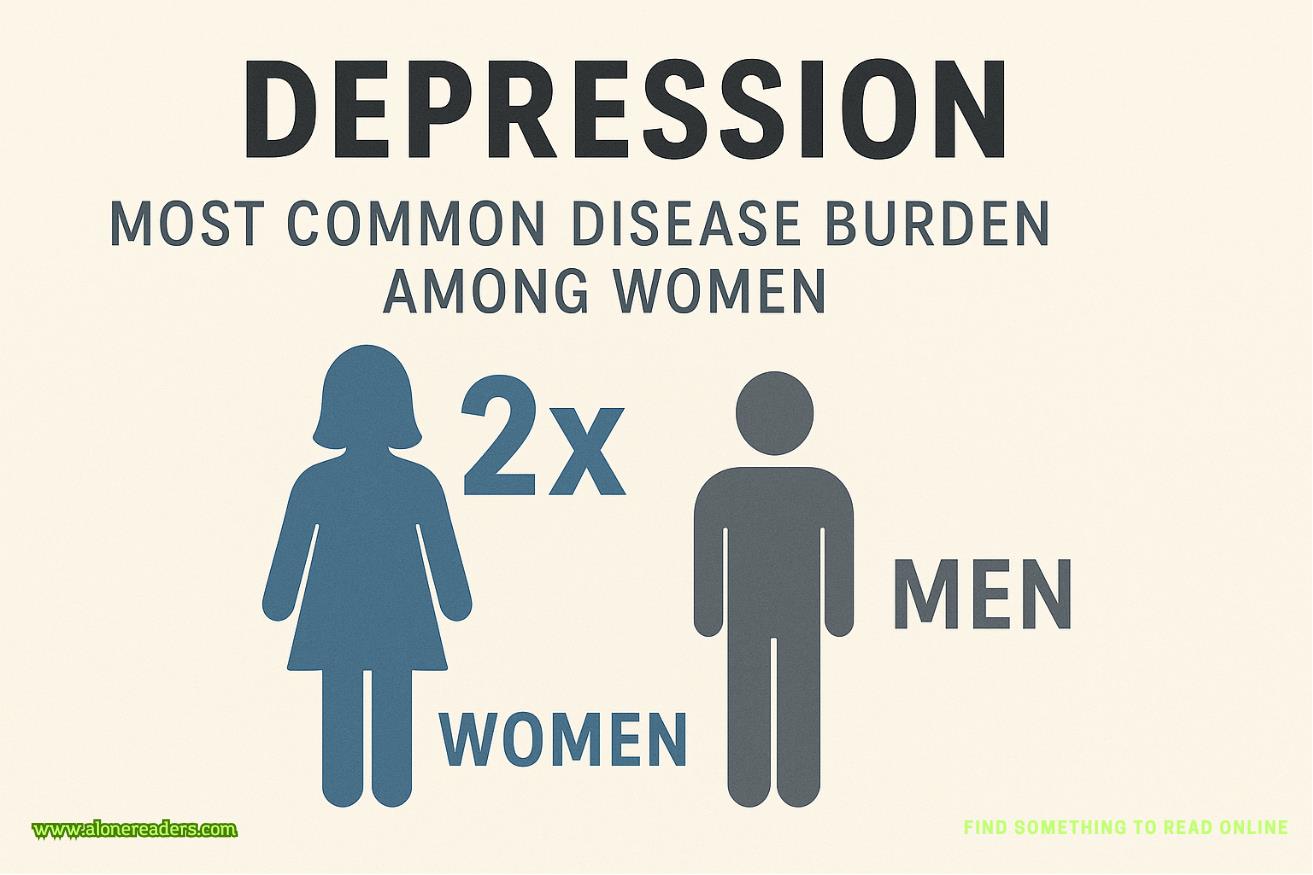Trying to erase the image of Melissa in Amir’s arms proved more challenging than I expected, but avoidance seemed like the best solution at the time. Fate, however, had other plans. It was 10:30 p.m. when my phone began buzzing. Amir’s name appeared on my cell.
“Hello?”
“Rory!” His voice was muffled by the wind, sirens in the background.
“Where are you, Amir?”
“I’m in the trauma bay at the hospital. Listen, we’re re-implanting a heart.”
“A what? A donor heart?”
“Yes, a nineteen-year-old boy was involved in a traffic accident in Maryland. He is brain dead, and the parents decided to donate his heart, so a medical crew has flown the heart up to us where we have an appropriate recipient, a young female whose diseased heart has been removed. In a few minutes we’ll be placing the donor heart in her empty chest cavity. I need your help—please put on scrubs and race over here.”
How could I resist? This was a major surgery, and there was a wonderful symmetry: two teenagers completing a human trade-off—a life given, hopefully, for a renewed life preserved.
I arrived just as Amir was starting the replacement; my eyes were glued to the surgical field. I watched until all circuits were connected and the donor heart miraculously started to beat.
“Go home and get some rest. I’m glad you could be here,” Amir said. I realized he hadn’t needed my help, but he had wanted us to share this unique medical experience.
I drove home and crawled into bed, exhausted.
Amir called the next morning to update me on the surgery. He sounded very labored and dejected.
“How did she do?”
“She didn’t make it, Rory. She went into an acute rejection very soon after we placed the organ in her. She was in asystole, the monitor flat-lining, within minutes. Nothing could revive her.”
I returned to my bed. I wanted to bury my head in the pillow indefinitely. ALL of that work! ALL of that skill! ALL of that coordination...and the patient rejected the precious organ in minutes, her one shot at life.
I couldn’t help myself, but somehow this heart failure seemed symbolic for what was happening to our relationship. I loved Amir more than I’d ever loved anyone. I had hoped he would release me from the prison in which I’d grown up.
But something had changed in me. All of my experiences, good and bad, had brought me to this place. I no longer needed to “stand by my man” or do it for the glory of being a surgeon.
Somehow, my focus had shifted also. My life’s priority should be my patients. In a sense, my parents had been right.
As painful as it would be, I was finally ready to be honest with Amir.
Yet he was on a completely different wavelength.
“You know, Rory,” he lamented by phone later, “let’s analyze the work that we do. We spend so many years training to get every little detail just right. And in an instant, it can all go wrong. I’m starting to feel that there is more to life than this work...that’s where building our relationship becomes so important.”
I still loved this man something fierce, but I had to tell him the truth about my family. I couldn’t allow the illusion that my family was preparing to welcome him with open arms.
“Amir,” I said quietly. “I have something I need to discuss with you.” My face felt flushed and yet anemic.
“What is wrong, Rory? You don’t sound like yourself.”
“Amir, I wish it were simple. My parents are not Orthodox Jews, but the tradition of Judaism in my household runs generations deep. Plus, what you did with Melissa—”
“Rory, I’m a man. And you asked for space. I didn’t mean to hurt you. Besides, I didn’t actually sleep with her.”
I rolled my eyes. “Semantics.”
“Okay. So what are you saying—that you, a twenty-seven-year-old woman born in this American land of freedom, are forbidden to date a Muslim?!”
“I am so scared, Amir. My parents are serious. They will disown me if I continue to see you. They were quite serious. Theywillcut me off, theywillfail to help support me through residency, theywillexcommunicate me completely.”
“Rory, you are a grown woman, capable, strong, self-sufficient. In a few months, you will be making some money, enough to live on. Your parents’ views seem grossly intolerant.”















